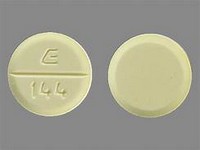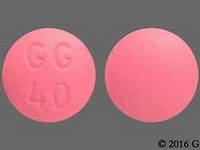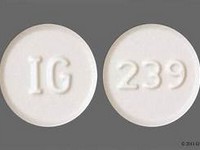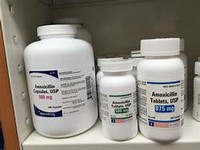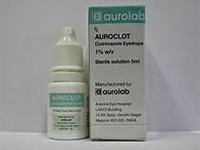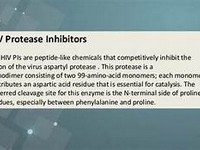domperidone

domperidone
CLINICAL USE
Anti-emetic:Cancer chemotherapy Postoperative nausea and vomiting (PONV)DOSE IN NORMAL RENAL FUNCTION
Chemotherapy: IV bolus or infusion: 100 mg —30 minutes before chemotherapyOral: 200 mg 1 hour before —chemotherapy, then 200 mg daily to prevent delayed nausea and vomitingPONV: IV bolus or infusion: 12.5 mg —Oral: 50 mg before induction of —anaesthesiaPHARMACOKINETICS
DOSE IN RENAL IMPAIRMENT
GFR (mL/MIN)
DOSE IN PATIENTS UNDERGOING RENAL REPLACEMENT THERAPIES
IMPORTANT DRUG INTERACTIONS
Potentially hazardous interactions with other drugsAnti-arrhythmics: increased risk of ventricular arrhythmias – avoid concomitant useBeta-blockers: increased risk of ventricular arrhythmias with sotalol – avoid concomitant useADMINISTRATION
Reconstition
–Route
Oral, IV bolus,IV infusion
Rate of Administration
Bolus: over 30 seconds Infusion: over 15 minutesComments
Can be added to 50 mL sodium chloride 0.9%, glucose 5% or compound sodium lactateOTHER INFORMATION
Peak concentrations occur 1 hour after oral and 0.6 hour after IV dosesOral bioavailability of 75% Active metabolite is renally excreted (approximately 30%)In patients with severe renal impairment (creatinine clearance
See how to identify renal failure stages according to GFR calculation
See how to diagnose irreversible renal disease
Home
